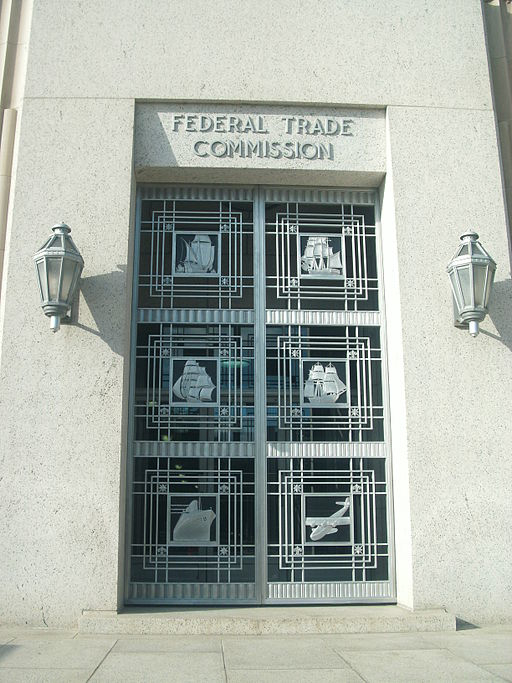
Image Credit: Albert Herring/Wikimedia Commons
The director of the Federal Trade Commission’s consumer protection bureau promises that the agency will clamp down on companies that make misleading environmental claims about their products, according to an article in Ad Week.
In a keynote address before the annual conference of the Advertising Self-Regulatory Council in New York, Jessica Rich outlined a number of enforcement goals for the advertising industry. Among them was a crackdown on inflated environmental claims for green products.
“A growing number of consumers are looking to buy green products and companies respond with green marketing,” Ad Week quoted Rich as saying. “But sometimes what companies think green claims mean and what consumers think they mean are two different things.”
The FTC released its updated “green guides” a year ago. They are an attempt to educate advertisers on how to avoid making deceptive claims about their products. Until last year, the guides hadn’t been updated since 1998.
FTC studies advertising on many products
The FTC is already looking at a variety of industries as it seeks to make marketing claims truthful.
The agency said in August that it had sued three companies over claims that their mattresses were free of volatile organic compounds and other toxic substances, Green Building Law Update reported.
In March, the FTC announced that two paint manufacturers had agreed to stop claiming their paints were VOC-free.
In her address in New York, Rich said the commission had signed consent agreements with five replacement window marketers over “unsupported energy efficiency and money-savings claims…”
Window marketers had claimed consumers could cut their energy bills in half, but Rich said the settlements required marketers to prove it.
“Among other things, the settlements require the marketers to substantiate energy savings claims that include the words ‘up to.’” she said. “For example, if they claim consumers will save ‘up to’ a certain amount of money or achieve energy savings ‘up to’ a certain amount, they must have competent and reliable scientific evidence to substantiate that all or almost all consumers are likely to achieve the maximum claimed savings.”
The full text of Jessica Rich’s remarks is available on the Web.
Weekly Newsletter
Get building science and energy efficiency advice, plus special offers, in your inbox.














0 Comments
Log in or create an account to post a comment.
Sign up Log in